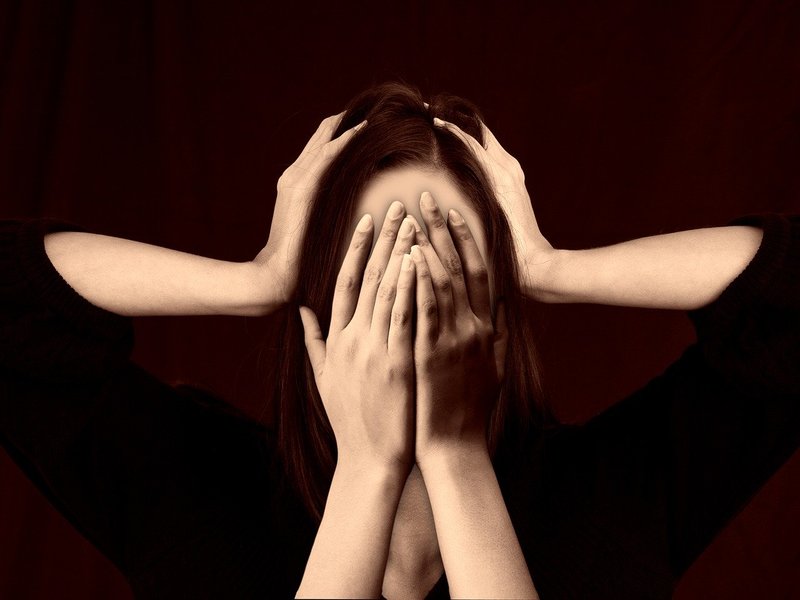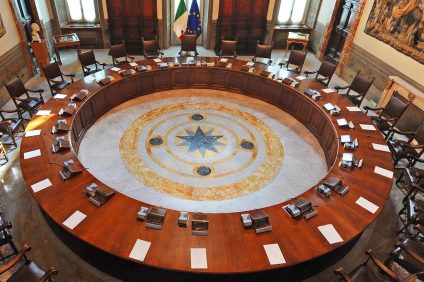In these days, all of Italy has committed to observe basic rules to stem contagion from Covid-19. If on the one hand many businesses are doing a lot to convey serenity to citizens, on the other, behaviors that are not easy to explain, more commonly called "psychosis", are observed. One example is the run-up to empty supermarket shelves. We spoke with the psychologist Alessio Testani.
Coronavirus psychosis: what it is and how to act
"In the last few days the phrase" avoiding psychosis "has been heard more and more often by the mass media in relation to the coronavirus pandemic. This is because people in anguish in some areas of Italy have manifested uncivilized behavior such as the attack on a Chinese in Turin or unjustified supplies in supermarkets, as if it was the eve of the third world war. " As stated by Dr. Alessio Testani, Psychoanalyst of the Italian Psychoanalytic Society and International Psychoanalytic Association. But what does “psychosis” mean?
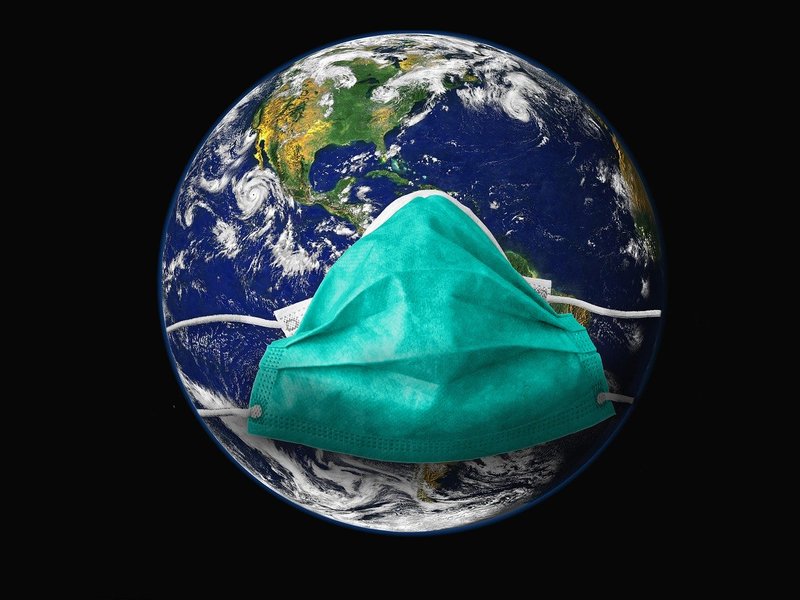
"Freud in his work The loss of reality in neurosis and psychosis (1924) says that: "In neuroses a part of reality is avoided by fleeing, in psychosis it is rebuilt from scratch". Put it another way: neurosis does not deny reality and simply it wants to know nothing of it. Psychosis instead denies reality and tries to replace it. So psychosis is a mental disorder that causes an altered perception of reality. The results are strong feelings of anxiety and agitation which lead to real delusions and hallucinations. To go back to coronavirus it seems excessive to talk about psychosis, but many behaviors we read about, can make us think of it ".
Fear and psychosis in these circumstances: how are they born?
On a psychoanalytic level, how does fear arise in these circumstances? "Fear or phobia etymologically is an irrational and uncontrollable fear of an object or situation perceived as extremely threatening although in the absence of a real danger. Freud speaks of it in 1894 distinguishing between normal fears (such as darkness, death, disease) and phobias that are more disabling and have symptomatic aspects. It also differentiates phobias from obsessions since obsessions are characterized by compulsiveness (not present in phobias) and originate from a traumatic memory or from an unpleasant thought. I know in this coronavirus situation people are facing a sneaky and invisible enemy and all this increases their insecurities and anxieties ".
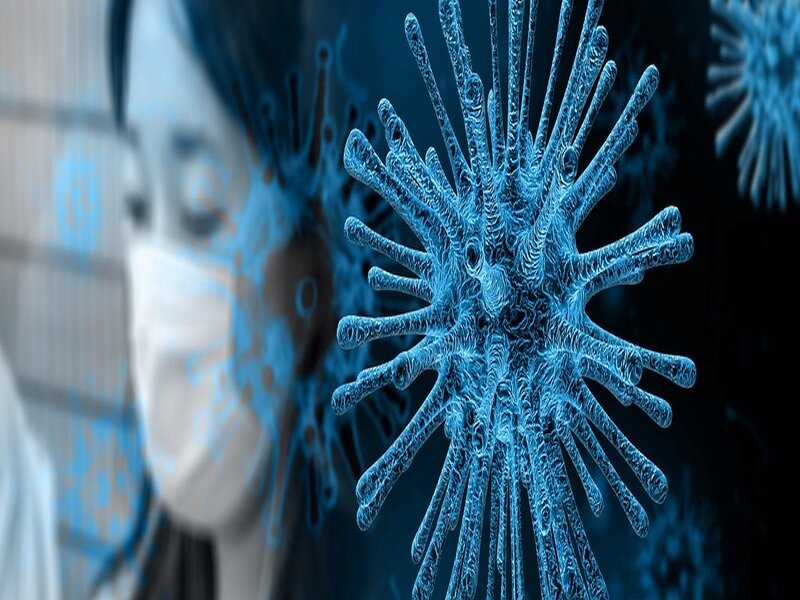
And the exaggerated fear to be contaminated? “This fear is frequent in obsessive-compulsive disorders. It is based on the gut feeling. of having weak boundaries in facing emotions triggered by an unpleasant stimulus. Furthermore, contamination is linked to a dirty, negative self-image. In fact, people with this disorder may also feel guilty, shameful, as if they were violating the borders".
Love and die: the main fears
“The fear of love and death are atavistic fears on which philosophers and writers have also confronted ”- says Testani. "I believe that both fears are characterized by a common denominator: the loss of borders. Loving means giving up one part of ourselves to give it to another. And loving also means getting lost in another and then finding ourselves in the gaze of our lover. So the fear of loving is also the fear of letting loose, of getting lost and then finding yourself again. The fear of dying often hides the fear of living. Many people often reduce themselves to not living to think about death. Death relentlessly confronts us with the limit and this can be distressing and intolerable "- he continues.
Overcoming fear: what to do
“We can overcome fear by constantly facing what generates it. Instead, it grows exponentially if avoidance or escape strategies are adopted. Avoiding can even lead to fear of fear. This usually occurs in panic attacks. But more generally we can to say that when the fright is so strong and uncontrollable in an individual, he tries in every way not to relive it. Practically implementing strategies and tricks that quickly determine a decline in his quality of life. The person who is afraid of fear spends a lot of time thinking about negative things, to control his body, his emotions and in doing so he self-provoked fear. In addition, all this will cause a vertical collapse of self-esteem "- continues the psychologist.
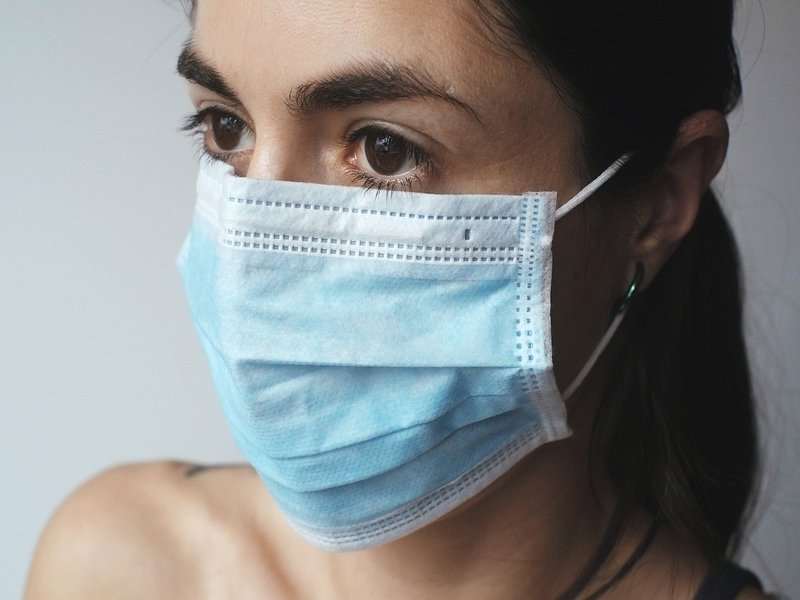
"To lower the fear levels, in cases like this of the coronavirus, it is important first of all to be well informed about this virus and not follow fake news and apocalyptic news. It is necessary to take all the necessary precautions and travel should be kept to an absolute minimum. It is a constantly evolving situation and we must prevent the widespread outbreak. We are faceing something never seen before and we must be in the trenches. Furthermore, if you cannot go to work, it is very useful to spend time in pleasant activities to do at home, like reading, watching a movie or whatever makes you feel good ".

